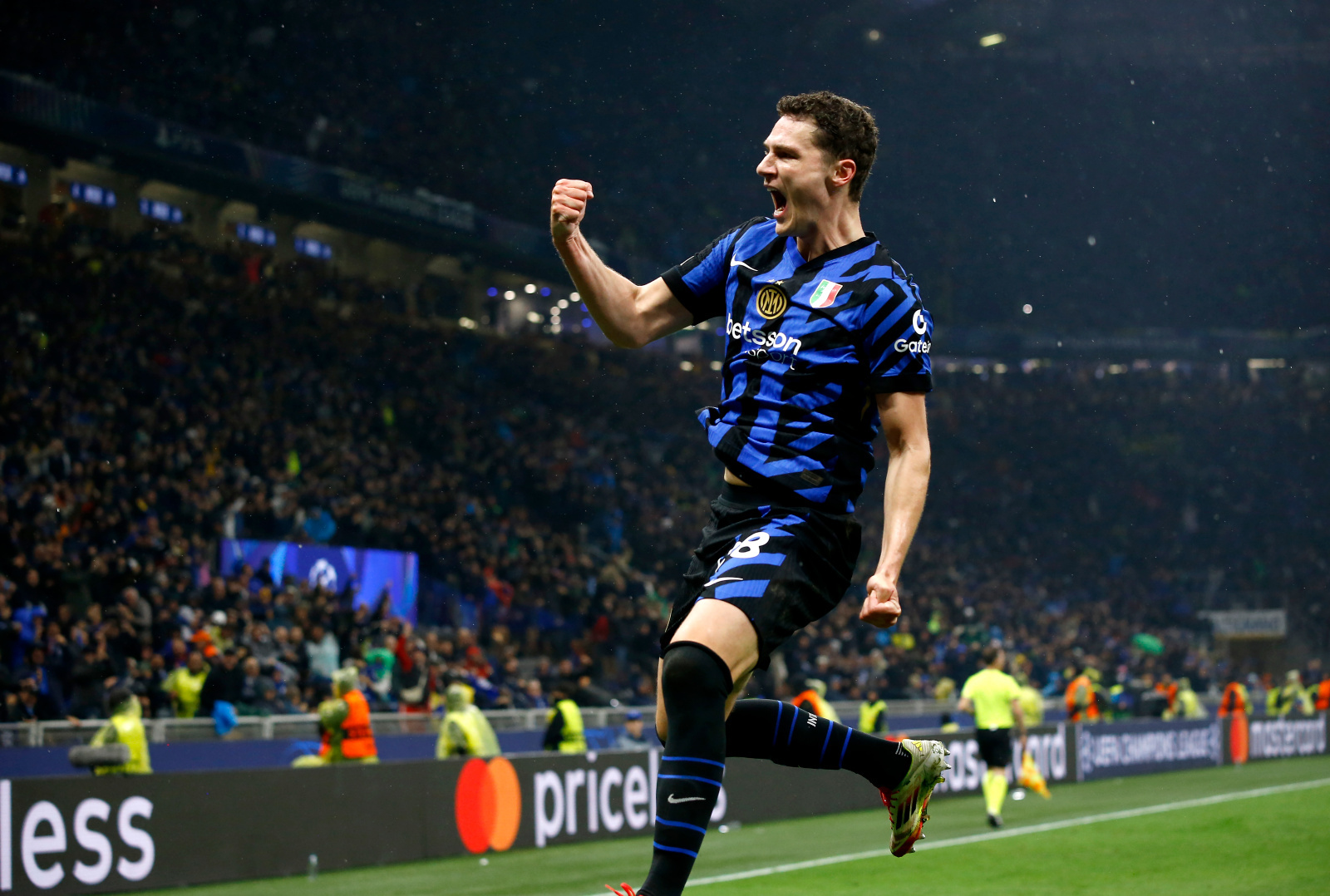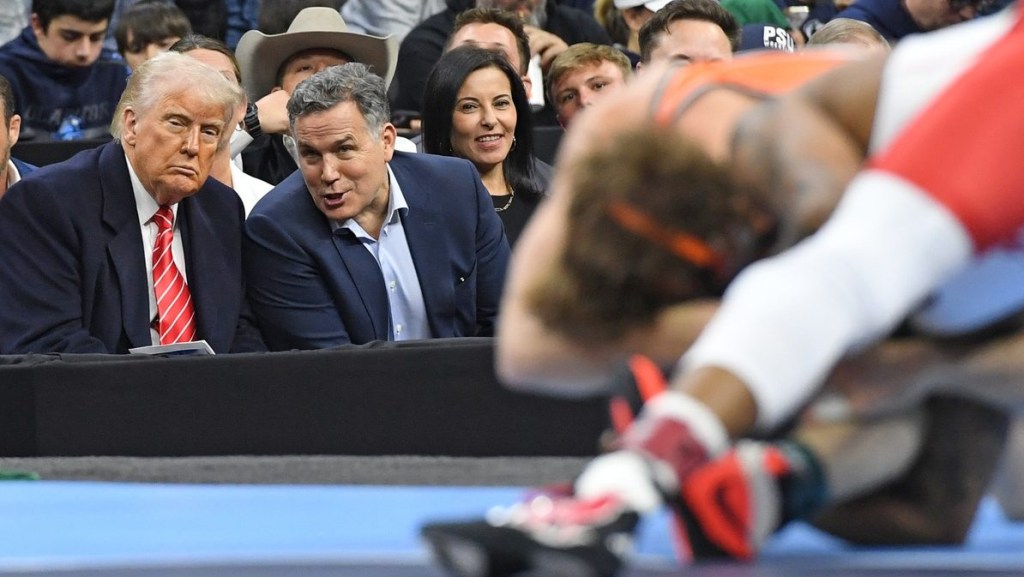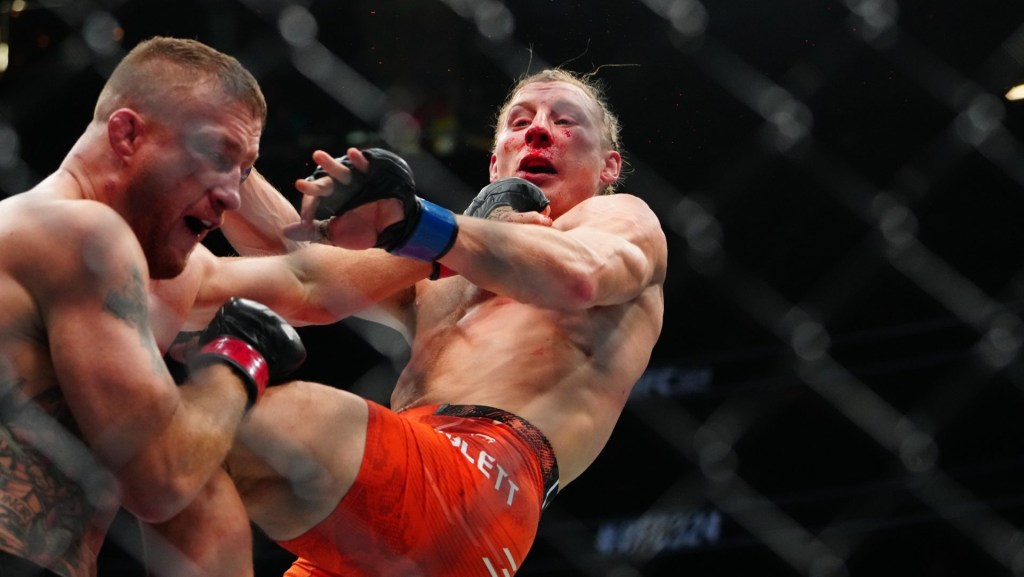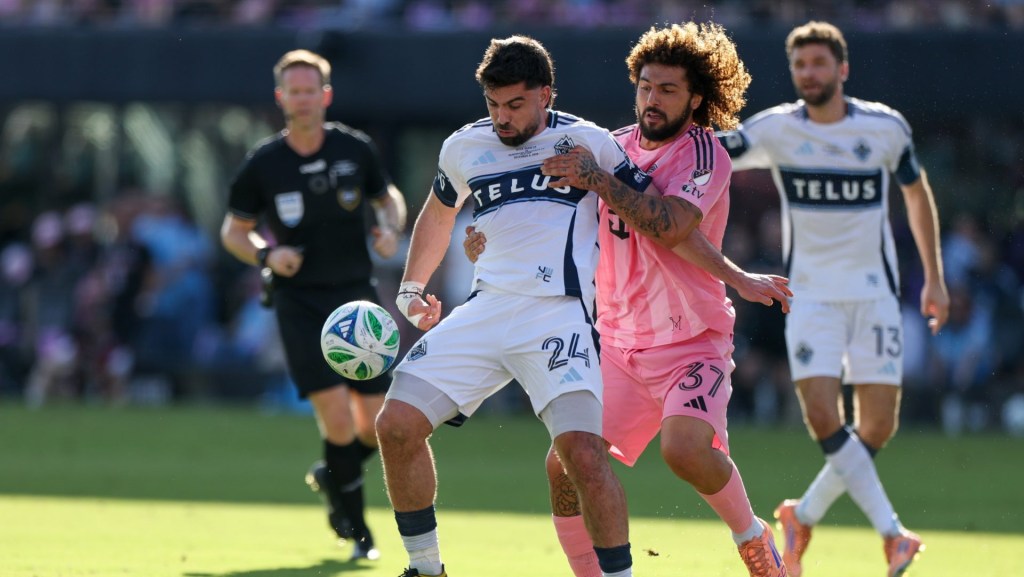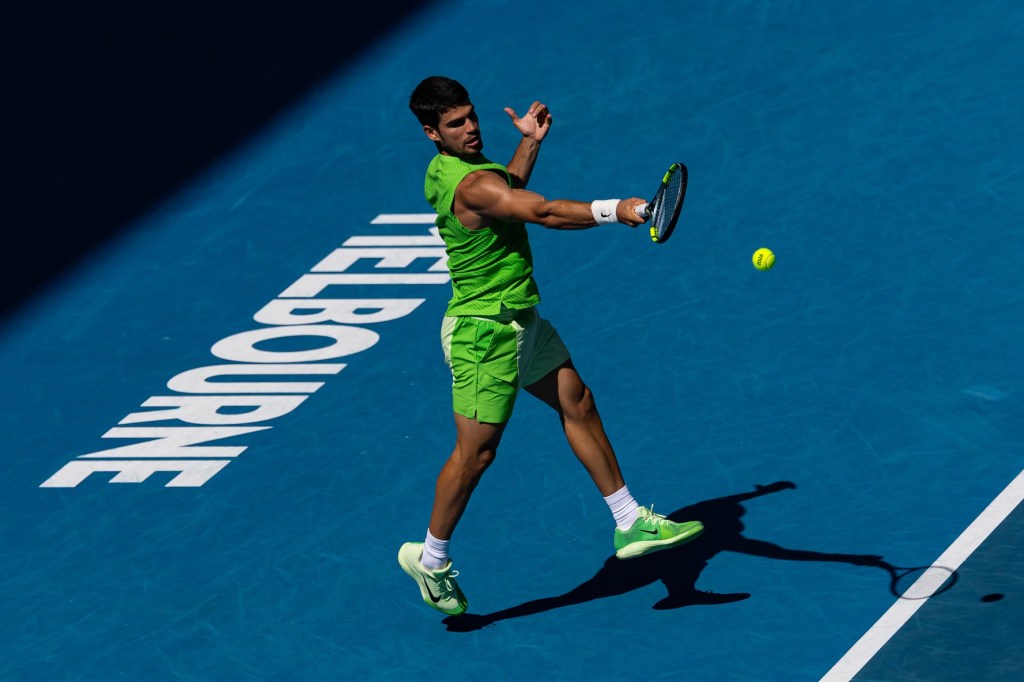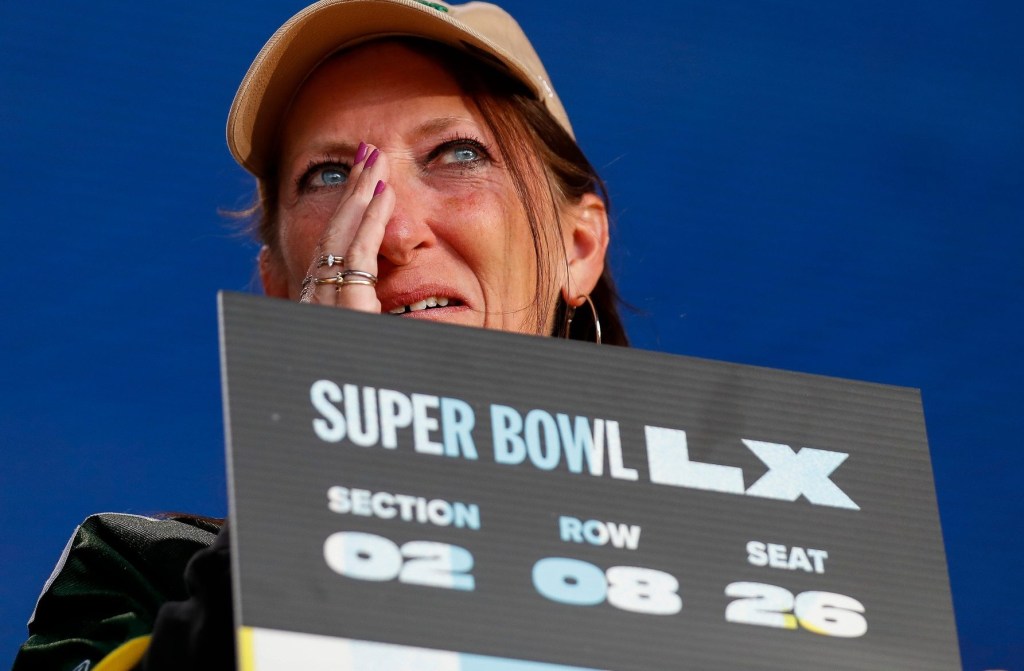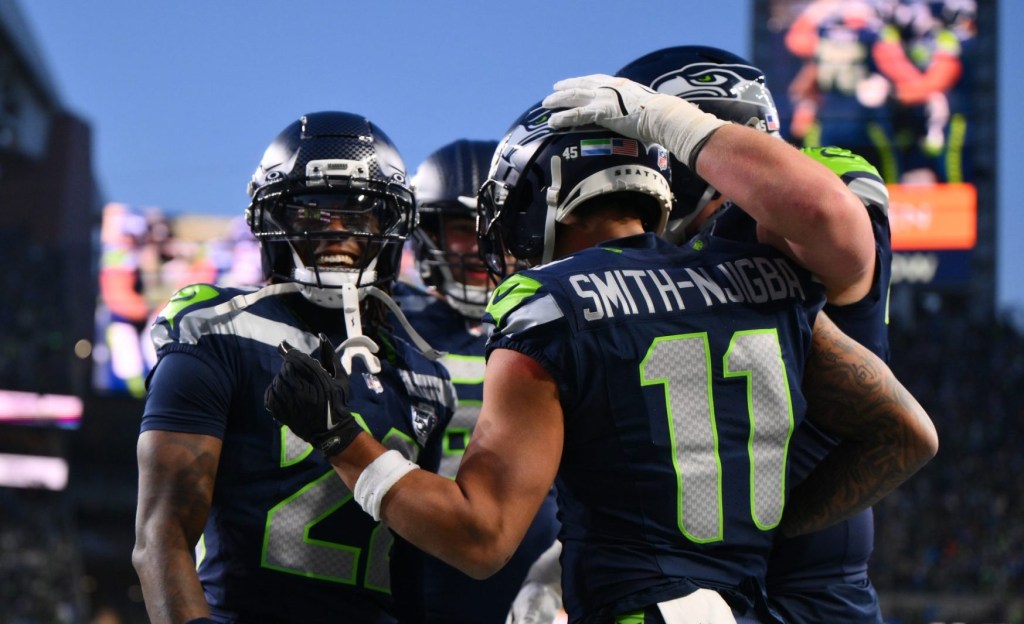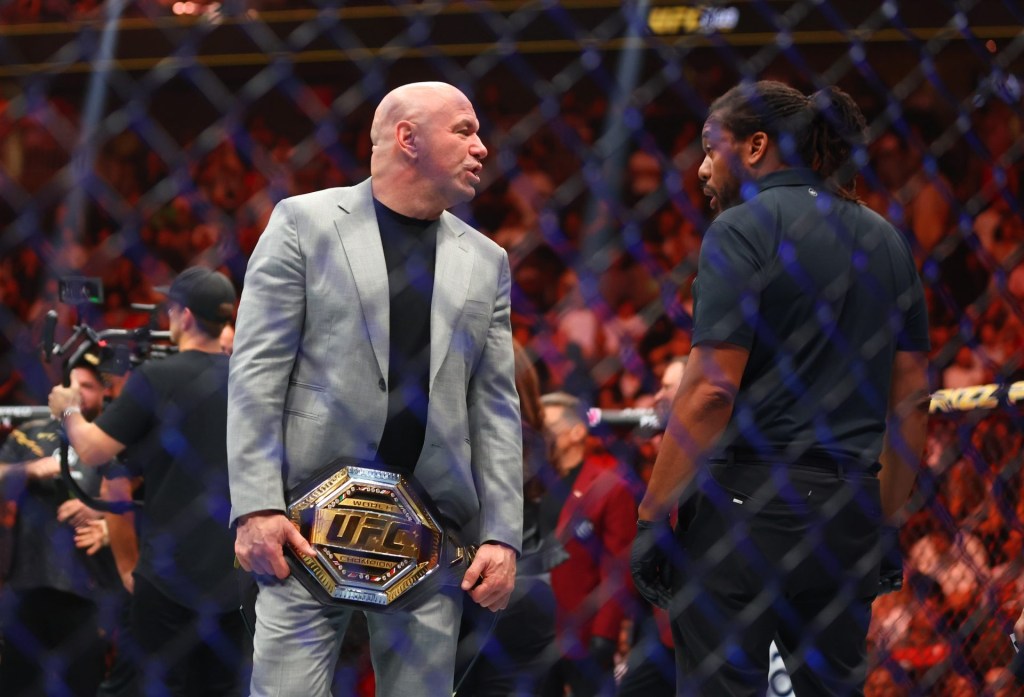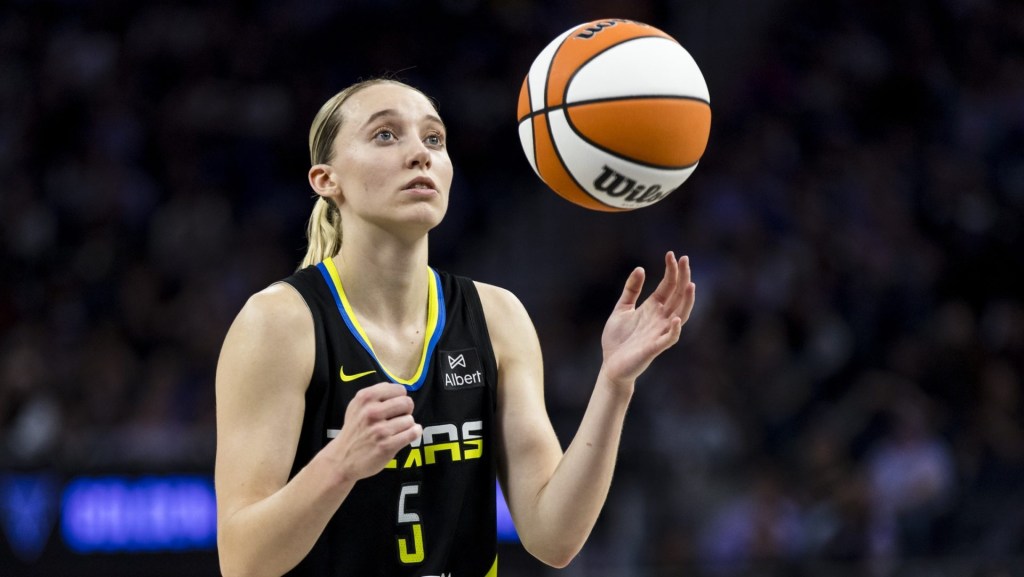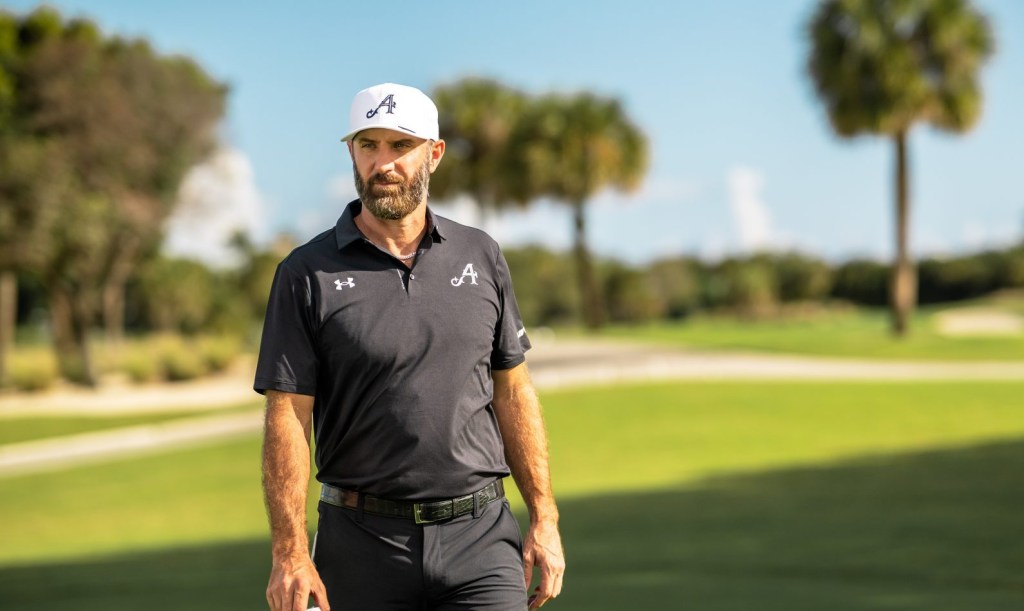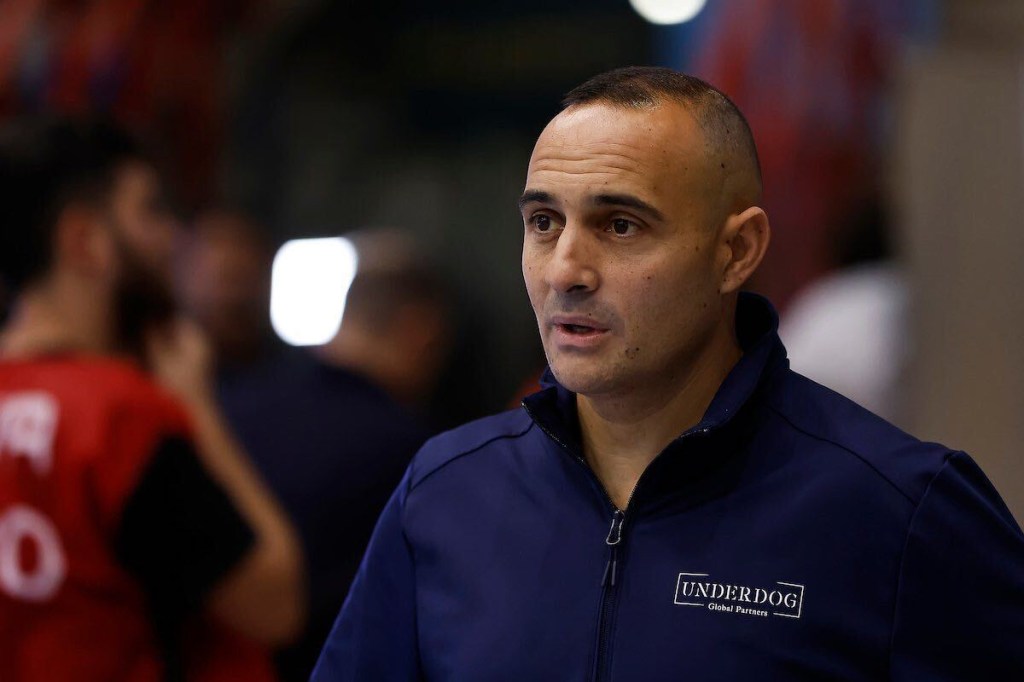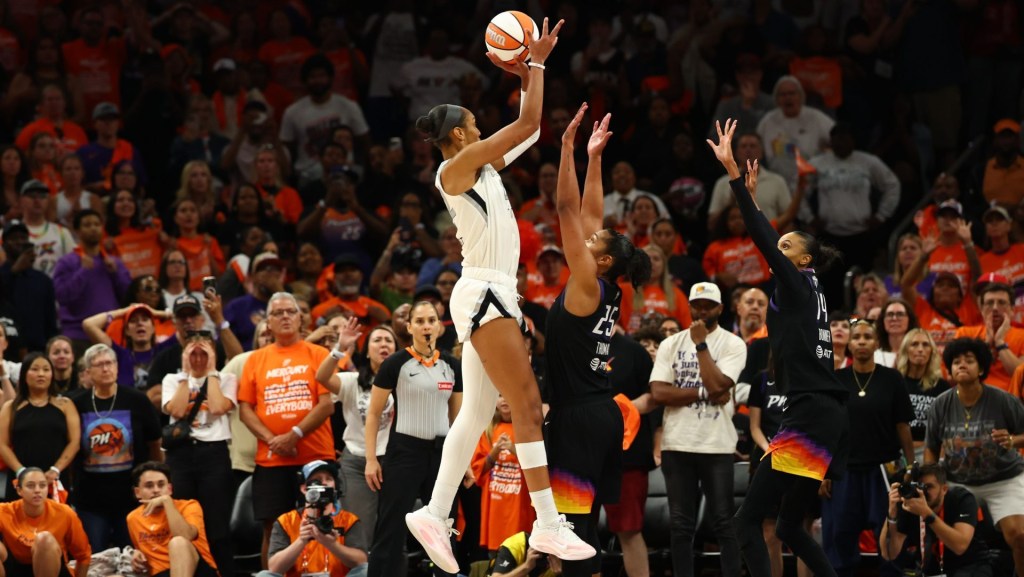It was a standard work week for composer Tony Britten.
The Englishman made a film project one day and a record project another. On Thursday morning, he went to Angel Studios in London to record what would become one of the most iconic songs in all of sports: the Champions League anthem.
The majestic three-minute song is played before every match and during broadcasts, flash-mobbed across Europe, and has been performed by vocal legends like Andrea Bocelli. Its place in the global zeitgeist will once again be on full display Saturday for the Champions League final between Paris Saint-Germain and Inter Milan.
In the early ’90s, the Union of European Football Associations decided to rebrand the European Champion Clubs’ Cup and wanted a classical music anthem. UEFA found Britten through an agent at a time when he was writing music and jingles for TV, movies, and commercials. He sent samples of classical music, and they liked George Frideric Handel’s “Zadok the Priest,” on which he then based the anthem. Britten commissioned a language expert to draft celebratory phrases in UEFA’s three official languages of English, French, and German, and he sent it off with no expectations.
“I think it was probably three or four years before I thought, ‘Gosh, that music, they’re still using it. Well, that’s nice,’” Britten tells Front Office Sports. “And then it started to become clear that this event was multiplying and had achieved some success.”
Throughout the next few decades, the Champions League grew into the monolith it is today, with the ubiquitous anthem acting as a continuous soundtrack. The composer says UEFA-conducted studies have found the anthem is one of the most central parts of the Champions League brand and that fans do not want it retired.
“They’ve had the same music for all these years,” Britten says. “No doubt there have been various people who said, ‘Oh, this is boring. Let’s get something new and exciting.’ But the truth is, it works.”
Britten says the anthem is beloved because of its timeless style. It also transcends borders. The anthem and Champions League have achieved a global reach in lockstep, best illustrated by UEFA’s listening statistics on Spotify: Istanbul, London, Jakarta, Milan, and Madrid are the top five cities where people listen to UEFA anthems, with the Champions League being by far the most popular. As European soccer continues to pick up steam in the U.S., where Britten’s sons are based, he says they message him more frequently about hearing the music at a bar.
Britten has stayed involved with UEFA since composing the original tune. He re-recorded the anthem with talent he deems “best in the world”: England’s Tenebrae choir, accompanied by “the cream of the British session musicians.” In a UEFA commercial for the new UCL league phase format, he conducts a performance of the anthem; legendary Swedish striker Zlatan Ibrahimović twice refers to Britten by name.
“People at UEFA really noticed. They realized when you have singing that good, you can hear the difference,” he says of the new version, which was released last year.
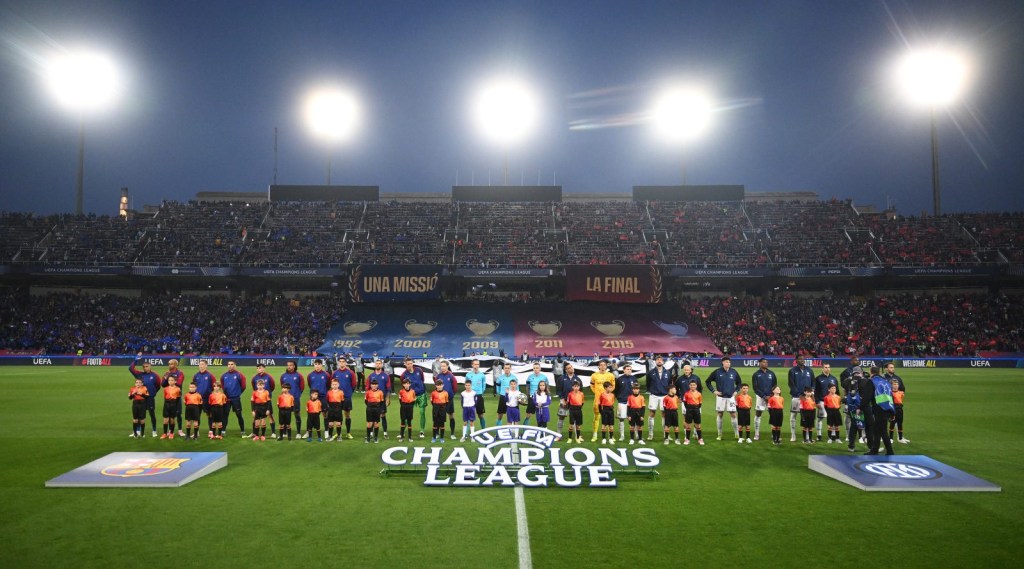
One anthem memory sticks out to Britten. For the 2001 final, he brought the chorus of Milan’s famed La Scala opera house to perform live at San Siro—but quickly realized he couldn’t hear the backing music over the roaring crowd. “I just stared at the choir, made a sort of code sign, and bless them, all 80 of them jumped half a bar,” Britten said. “We got away with it, but dear God, that was scary.”
“When you’ve got 80,000 fans screaming, it’s not frightening. It’s just awe-inspiring,” he says. “They love their teams. It’s a very big deal. It’s a bit like opera, really. It’s heart-on-your-sleeve passion.”
Writing one of the world’s most well-known ballads has fueled Britten to take creative leaps. Films about madrigalist John Wilbye and composer Benjamin Britten (no relation) are two passion projects that didn’t reach the same heights or require personal funding, but he was able to take those risks due to the anthem’s success.
“On one level, it’s another gig. I’ve done quite a lot of different, interesting stuff,” Britten says. “But it would be churlish of me not to concede that it’s been an important part of my life. I’ve gotten quite a lot of money out of it, and it’s been something that I’ve been very proud to be associated with.”
(Even though UEFA owns the rights to the song, Britten does receive royalties, though he told BBC in 2020, “It’s not millions.”)
Britten makes it clear he is not a soccer expert, but the whole experience has made him more interested in the Champions League. His boyhood club, Crystal Palace, has never made it to the upper echelon of European competition, but “the great thing about Champions League is it’s always possible,” he says.
“I don’t think anybody imagined that the competition would become quite as big as it’s become,” he says, “so it’s a very pleasant feeling to think over 30 years later it still gets bigger and bigger.”
